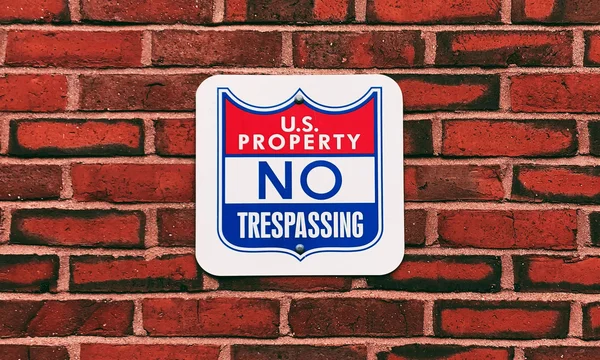
Judge Stark today issued an opinion holding five claims across four patents indefinite, based on two terms: "aesthetic" and "similar to a light house." The Court held that both terms indefinite because they are subjective. As to "aesthetic," the Court rejected an argument that "aesthetic" merely differentiated between artistic and functional aspects of light:
The Court . . . agrees with [accused infringer] HeathCo that "aesthetic" is subjective and, accordingly, the claim term is indefinite. [Patentee] Vaxcel insists "aesthetic" is not subjective because it relates to the "philosophy" or "science" of "beauty and ugliness," not to whether something is pleasing or displeasing. . . . This is unpersuasive, in part …






